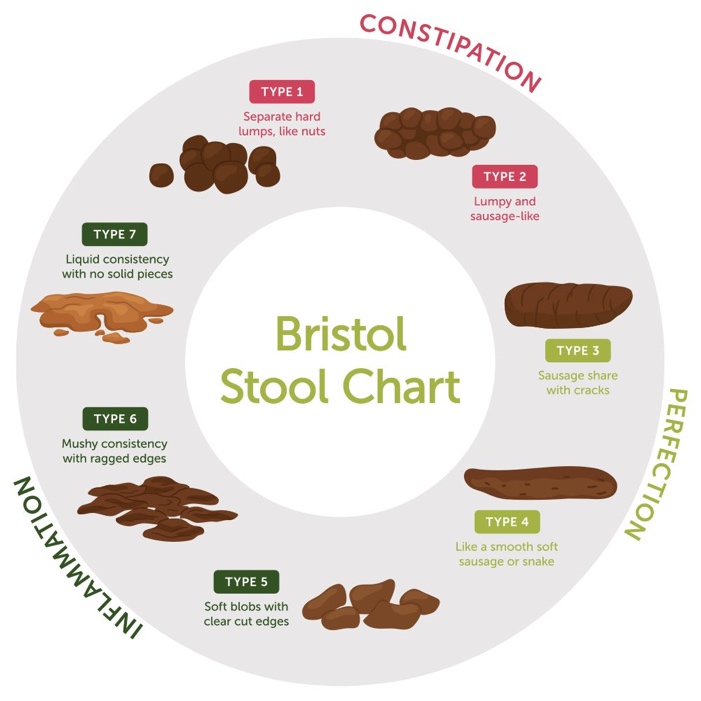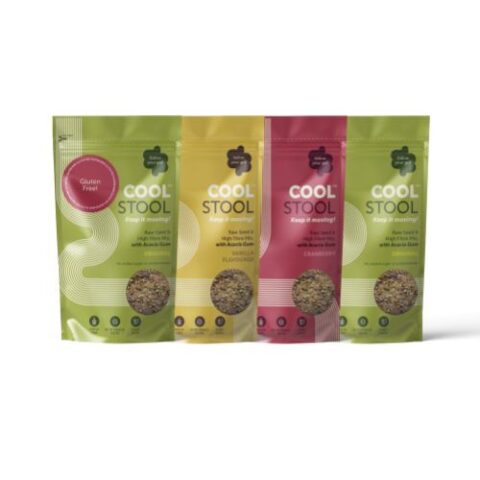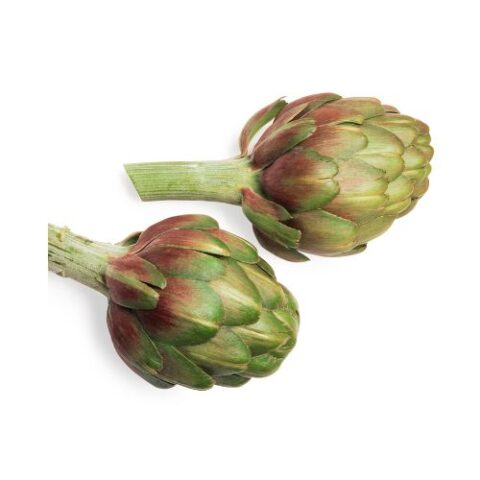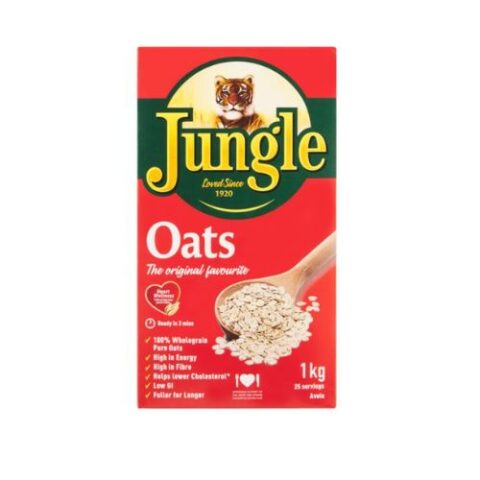Struggling to relieve yourself, feeling bloated, or frustrated by an inability to “go”—constipation has countless nicknames, but for many Nigerians, it’s simply a part of life. This uncomfortable and sometimes embarrassing condition is far more prevalent than most people are willing to admit. Across Nigeria, from Lagos to Kano, and in households throughout West Africa, people face constipation at some point. According to local community health workers, even rural communities—where diets are more traditional—are reporting increased cases, particularly as processed foods become more accessible.
Understanding why constipation occurs and how to properly manage it is crucial, especially if you haven’t had a recent conversation with a medical professional about your digestive health. This comprehensive guide explores the causes, symptoms, and practical solutions for constipation, with a special focus on approaches relevant to Nigerians and West Africans, as well as global perspectives.
What Is Constipation?
Constipation refers to infrequent, hard, or painful bowel movements. Many people define it as going fewer than three times a week, but experiences vary. For some, it’s the struggle to pass stool, a persistent feeling of incomplete emptying, or recurrent abdominal discomfort. According to Dr. Ifeoma Nwosu, a Lagos-based gastroenterologist, “The transition towards urban diets, lower hydration, and busy lifestyles in Nigeria directly increases constipation cases.”
Multiple factors can contribute to constipation:
- Poor dietary fibre intake—common as people swap traditional high-fibre foods for processed snacks
- Insufficient water consumption, especially in Nigeria’s hot climate
- Physical inactivity, as urbanisation reduces active movement
- Side effects of medications, particularly certain painkillers and antacids
- Changes in routine, such as travel and stress (which many face during festive seasons or holidays)
- Underlying health conditions, including irritable bowel syndrome (IBS), diabetes, and thyroid disorders
There is also the influence of traditional beliefs. In some Nigerian communities, talking about digestive issues is considered taboo, which can delay seeking help. Local herbal remedies are sometimes used, but it’s important to blend such wisdom with modern medical advice.
Top Causes of Constipation (Especially in Nigerian/West African Contexts)
Experts increasingly note that a shift to ‘western’ diets is a key trigger for constipation in urban Nigeria and Ghana. Here are the most common causes:
- Low-Fibre Diet: Greasy fast-foods and refined snacks (like meat pies and sweet pastries) offer far less fibre compared to native dishes containing vegetables, beans, and yam. Fibre helps bulk up stool and keep things moving smoothly.
- Not Enough Water: Many Nigerians drink far less water than required, opting instead for sugary drinks or beverages like zobo. Dehydration makes stool harder and more difficult to pass.
- Sedentary Lifestyle: Working long hours in offices or spending time in traffic means little time for physical activity. Movement is essential to stimulate digestion.
- Medications: Painkillers, especially those containing opioids, plus some antidepressants, can cause constipation as a side effect—an issue commonly overlooked in self-medication practices.
- Health Conditions: Chronic conditions like diabetes, IBS, or thyroid problems, which are increasingly diagnosed in West Africa, often bring digestive symptoms including constipation.
- Routine Disruption: Sudden changes—like travelling from Abuja to Accra, adjusting mealtime routines during Ramadan, or the stress of job loss—can disrupt regular bowel movements.
According to the Nigerian Medical Association, about 1 in 4 adults may experience constipation symptoms each year—though actual figures may be higher given the reluctance to discuss bowel health openly.
Am I Constipated? Understanding the Bristol Stool Scale
Back in 1997, a practical tool called the Bristol Stool Form Scale was developed to help people classify their stool by appearance. This scale is a simple visual aid that helps you self-assess digestive health—something Nigerian doctors now use in both urban clinics and rural outreach programs.

Types 1 and 2 on the Bristol Scale are typically hard and lumpy, clearly indicating constipation. Types 6 and 7 are unusually loose and could suggest diarrhoea—another common concern in places with fluctuating water quality. Most experts—including those with the Nigerian Association of Gastroenterology & Hepatology—recommend aiming for types 3, 4, or 5, which are considered the healthiest.
How to Relieve Constipation: Simple Solutions for Everyday Life
A few lifestyle adjustments can go a long way in relieving constipation and promoting digestive health across Nigeria, Ghana, and beyond:
- Hydrate Adequately: Aim for at least 8 cups of water daily, especially during the hot dry season or after consuming peppery dishes like suya or nkwobi. Hydration helps keep stool soft.
- Stay Active: Incorporate daily movement, whether it’s regular walks in your neighborhood, dancing at family celebrations, or local exercise groups. Even household chores like sweeping and fetching water count!
- Eat Fibre-Rich Foods: Favour local produce like ugwu (pumpkin leaves), okra, beans, yam, and unprocessed grains instead of refined snacks and white rice. Fruits like pawpaw and oranges are fibre champions.
- Manage Stress: Stress often affects the gut. Relaxation techniques—like deep breathing, prayer, or listening to music—can benefit digestion as well as mental health.
- Be Mindful of Medications: If you’re prescribed medication that causes constipation, discuss alternatives with your doctor. Never stop a medication on your own.
- Avoid Ignoring the Urge: Ignoring the need to go can make constipation worse—a common issue for busy professionals and school children alike.
Dr. Akua Mensah, a public health specialist in Accra, adds, “A proactive approach that combines traditional knowledge and modern science works best. Our grandparents’ insistence on greens and water at every meal is backed by real science!”
Fibre-Rich Foods and Products That Support Regular Bowel Movements
In Nigeria, Ghana, and across West Africa, many fibre-rich foods are locally available and effective in preventing or relieving constipation. Here’s a closer look at globally recognized as well as regionally relevant options:

A 100% raw, high-fibre, super seed mix supplement designed to boost natural bowel movement. Though South African in origin, similar blends can be recreated at home using local seeds like egusi or flaxseed.

Rich in fibre and antioxidants, artichokes enhance digestive health. While not always locally grown, substitutes like garden eggs (eggplants) and okra are fibre-rich and widely available in Nigerian markets.

A medium-sized banana, common in Nigerian homes, contains about 3.1g of soluble fibre, which helps regulate bowel movements. Ripe plantains are also an excellent source.

Loaded with fibre, berries are great for bowel routine. Blueberries and strawberries may be imported, but local substitutes like black currant (kure kuru) and African star apple (agbalumo) provide similar benefits.

Probiotics introduce helpful bacteria into your gut, while prebiotics feed them. Yogurt, locally fermented foods like kunu or ogi, and supplements can all help harmonise your digestive system.

Oats, available in local supermarkets, are packed with soluble fibre. They promote regularity, support heart health, and keep you full for longer. Quaker oats and other brands are popular in Nigerian breakfasts.
Constipation is not just a Western or urban problem. Nigerians and West Africans alike face it more often with the rise in processed foods and changing lifestyles. Culturally, open discussion can help break down stigma and lead to better health outcomes. Whether you rely on local remedies or seek modern medical advice, the most important step is to listen to your body and take action early.
How do you manage constipation in your daily routine? Have you tried any local foods or techniques with great results? Share your experiences below and don’t forget to follow us for expert-backed health news and lifestyle tips tailored for life in Nigeria and across Africa.
Got a health journey you’d like to share, or your own remedies for better digestion? We want to hear from you! Email your story or submit a health tip to story@nowahalazone.com and get your experience featured. For questions or support, reach us at support@nowahalazone.com.
For more wellness advice, expert interviews, and updates on everyday health in Nigeria and West Africa, follow us on Facebook, X (Twitter), and Instagram.
What remedies or foods have helped you stay regular? Drop your comments below, and let’s build a healthier community together!









